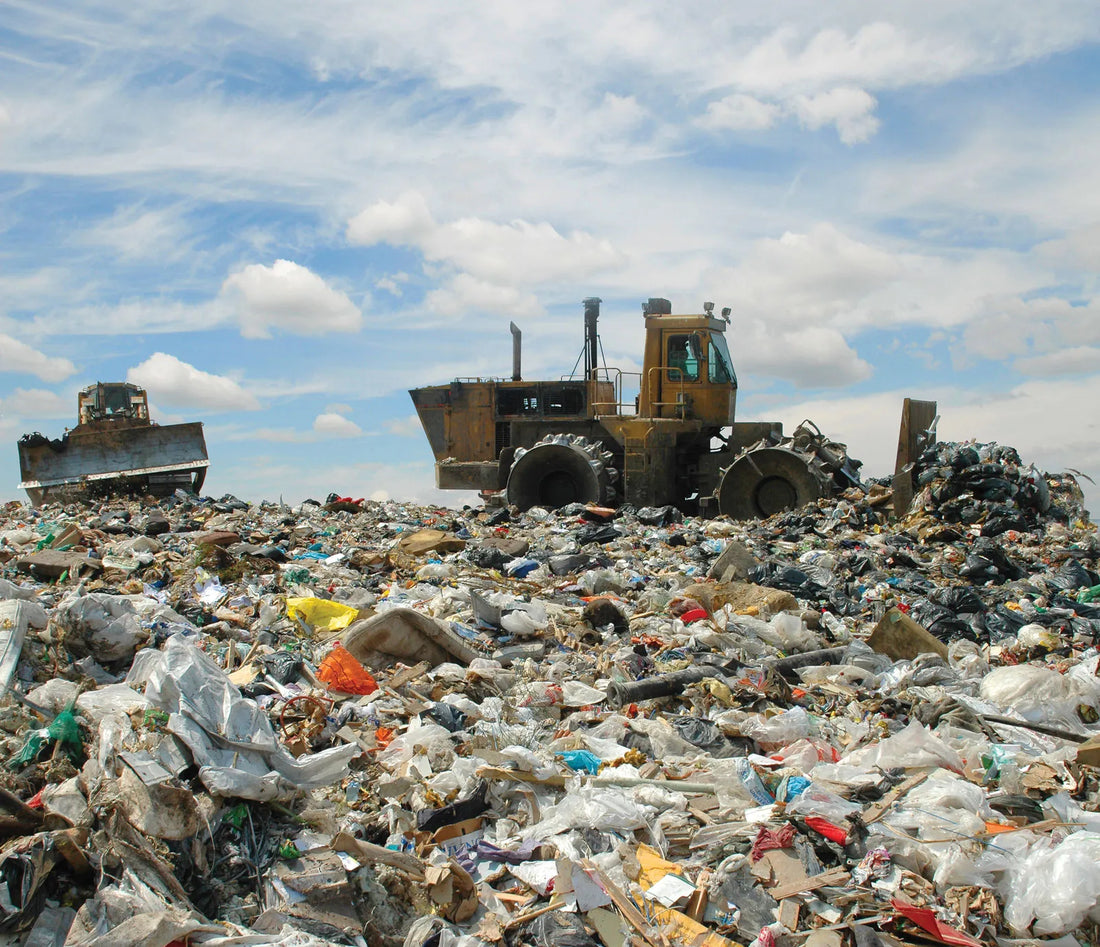
Europe Waste Management Market Set to Reach USD 562 Billion by 2030
Share

The Europe waste management market, is expected to grow to USD 562 billion, with a Compound Annual Growth Rate (CAGR) of 9% during the forecast period by 2030, according to a new research report by Next Move Strategy Consulting.
One of the key drivers behind the growth of the Europe waste management market is the widespread adoption of circular economy principles in waste management. Circular waste management promotes reusing and repurposing materials instead of premature disposal. This revolutionary approach focuses on maximizing the value of materials by designing products with multiple lifecycles in mind, thus avoiding waste and promoting resource sustainability. Circular waste management processes are more environmentally friendly and efficient, contributing to a significant shift in the way companies handle waste.
Test It First – Download Your FREE Sample!
Under the circular economy framework, companies are moving away from the traditional "take-make-dispose" model and adopting strategies that allow products to be refurbished, upgraded, or disassembled for the reclamation of valuable materials. This transition is reshaping the European waste management industry and driving the demand for innovative solutions that prioritize recycling, reuse, and resource recovery.
In addition to the circular economy, heightened awareness of resource conservation plays a major role in fueling the market's growth. A strong cultural emphasis on environmental responsibility across Europe has led to an increasing demand for sustainable waste management practices. As the population actively seeks eco-friendly solutions, companies in the waste management industry are positioned to thrive by meeting this growing demand for responsible practices.
Moreover, stringent environmental regulations enacted by governments are providing further impetus for the market. Governments across Europe are enacting and enforcing rules to improve waste disposal and recycling practices, creating clear guidelines to minimize environmental impact and promote sustainability. These regulations are not only ensuring better waste management practices but also driving the adoption of advanced technologies and services in the industry.
Conclusion
The Europe waste management market is expected to witness substantial growth, with a projected CAGR of 9.1% through 2030. The rise of circular economy practices, growing environmental awareness, and stringent government regulations are all key factors contributing to this market expansion. As the demand for sustainable waste management solutions continues to grow, companies that prioritize eco-friendly practices are well-positioned to succeed in this evolving market. The shift towards circularity and resource conservation, coupled with the regulatory environment, is reshaping the waste management landscape in Europe, offering immense opportunities for innovation and growth.